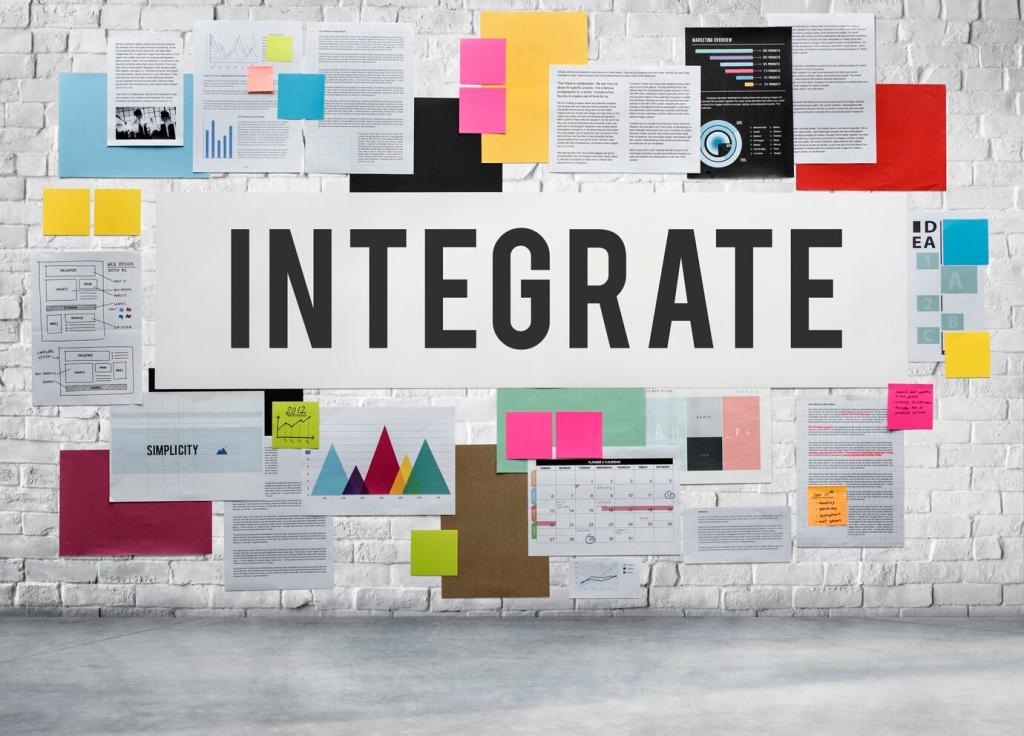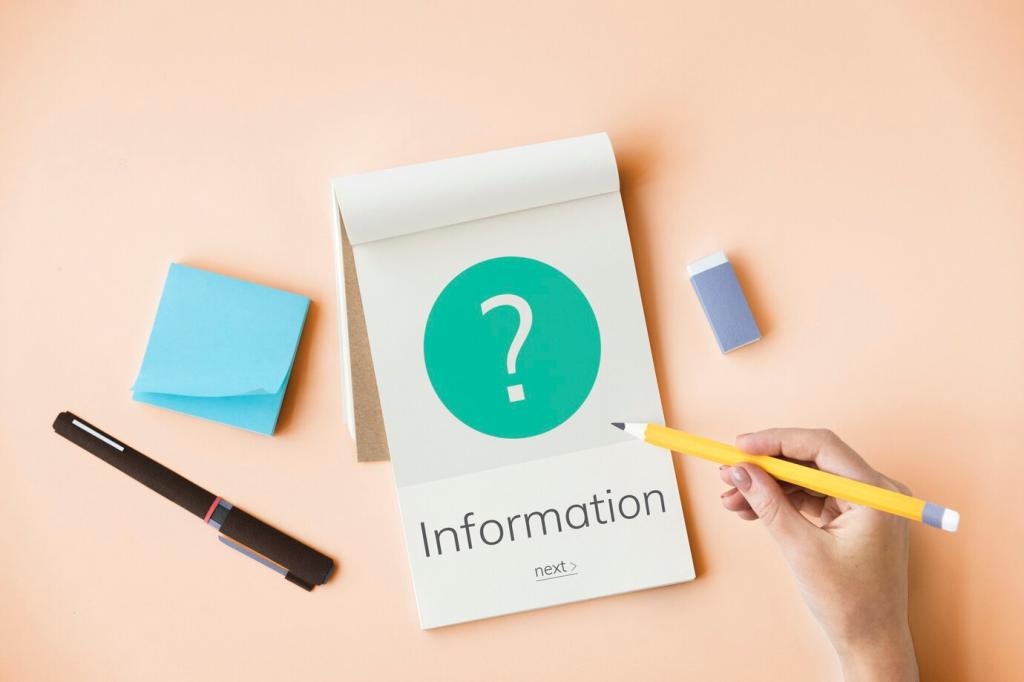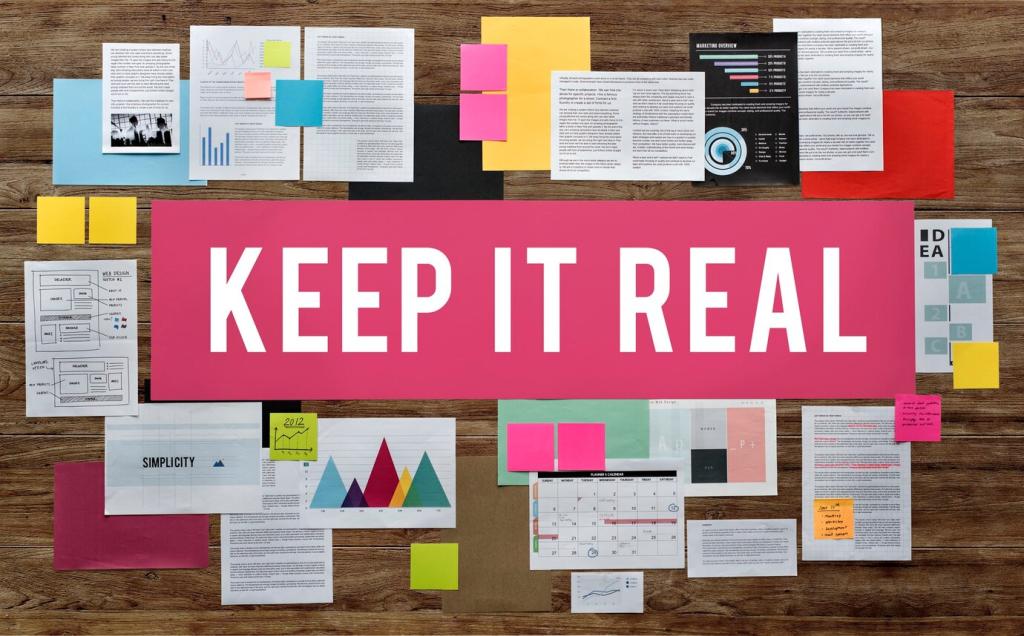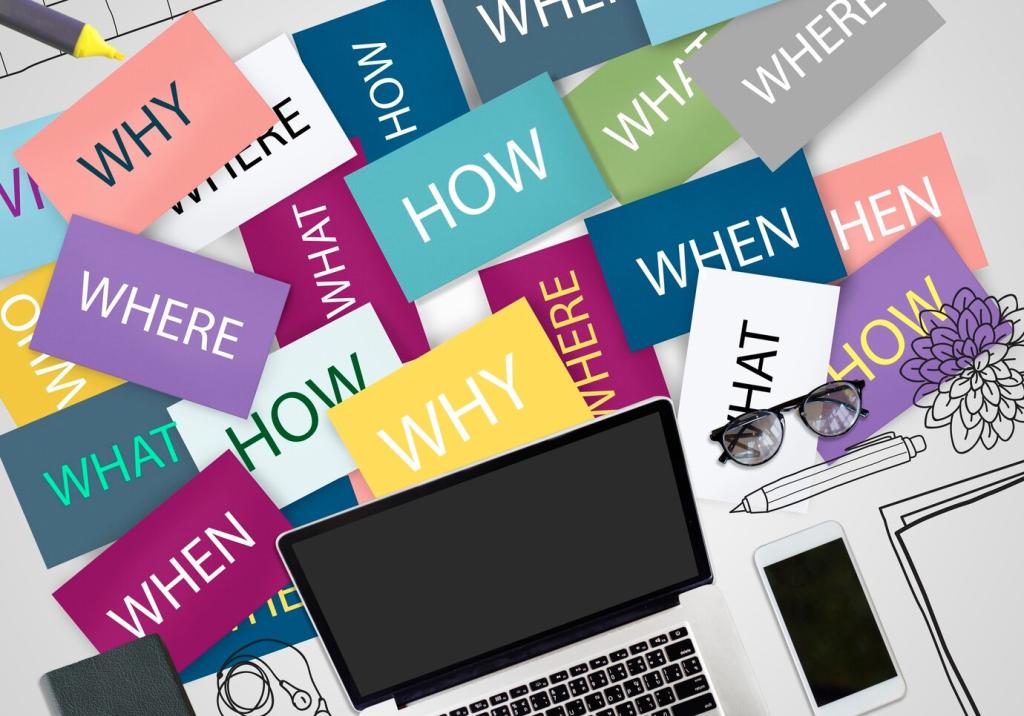Exploring Global Cultural Trends in Encyclopedias
Chosen theme: Global Cultural Trends in Encyclopedias. Join us as we trace how encyclopedias mirror shifting cultures worldwide—from stately print tomes to dynamic, community-driven platforms. Read, reflect, and subscribe to help us spotlight emerging voices and rethink how knowledge travels.


A 1990s turning point
The 1990s cracked open the canon: CD-ROM editions like Encarta and early Britannica Online added entries on the World Wide Web, cybercafés, and digital art. Librarians recall frenzied updates as new terms crossed borders faster than print could ship.

The open-edit era
With the rise of Wikipedia, talk pages became negotiation rooms where local scenes, niche genres, and community histories found space. An editor in Manila once described documenting jeepney culture as both hometown pride and a plea for global recognition.
Who is notable—and who gets left out
Notability rules can unintentionally mute emerging voices. Editathons targeting women scientists, queer artists, and grassroots organizers showcase how reliable local sources, zines, and regional journals strengthen entries that were historically overlooked.
Beyond the comfortable canon
Editors increasingly cite community archives, ethnographic reports, and regional scholarship. A contributor from Nairobi wrote about the first time she cited a Sheng dictionary, explaining how formal recognition reshaped perceptions of urban youth language and identity.
Measuring change with community action
Museums and libraries host edit marathons that yield new biographies, better citations, and richer glossaries. The quieter victory comes months later, when those pages survive scrutiny and begin informing curricula, exhibitions, and cultural debates beyond the platform.



Diaspora Stories and Hybrid Identities
Food entries trace routes of trade and displacement. Arguments over jollof or shawarma variations are settled with cookbooks, interviews, and food history journals, revealing how taste becomes memory and memory becomes a richly cited cultural narrative.

Same topic, different emphasis
An environmental protest might lead a Spanish article but appear as a subsection in English, reflecting local stakes. Cross-wiki collaboration invites respectful borrowing, while preserving cultural framing that would otherwise disappear in literal translation.

Machine help, human judgment
Machine translation speeds growth but stumbles on idioms, honorifics, and culturally loaded terms. Experienced editors flag ambiguities, rewrite for tone, and append sources that ground delicate concepts in scholarship, not algorithmic guesses.

Names, power, and place
Debates over exonyms and endonyms—Kyiv versus Kiev, Côte d’Ivoire versus Ivory Coast—play out on talk pages. Consensus emerges through policies privileging self-designation, reliable sources, and the evolving consensus of international organizations.


Data, Design, and Discoverability
Wikidata-style properties connect artists to awards, languages to scripts, and festivals to regions. This scaffolding supports multilingual consistency, enabling a Haitian Creole reader to discover the same cultural constellation visible to a German speaker.
Data, Design, and Discoverability
Timelines, maps, and infographics clarify diffusion without suggesting inevitability. Editors add alt text, captions, and color-safe palettes, ensuring that clarity does not come at the expense of accessibility or the delicate textures of cultural history.
Controversies, Consensus, and the Culture of Debate
From North Macedonia to seas with competing names, editors practice talk-page diplomacy, marshaling policies and sources. The process can be slow, but it teaches that neutrality is an achievement, not a default setting granted by software.
Controversies, Consensus, and the Culture of Debate
Climate and vaccine pages enforce rigorous sourcing, weighting views according to evidence. Protective measures, from page locks to citation audits, guard against coordinated misinformation while preserving space for good-faith improvements and clarity.
Controversies, Consensus, and the Culture of Debate
During crises, volunteers triangulate facts across languages and time zones. Editors describe the emotional toll of curating tragedies, and the relief when careful revision transforms chaos into a resource that helps classrooms, reporters, and families understand.
Automated tools can summarize, flag gaps, and recommend sources, but humans must trace every claim. Communities are drafting guardrails so assistance accelerates diligence, not shortcuts, especially when summarizing cultural practices or sensitive biographies.
